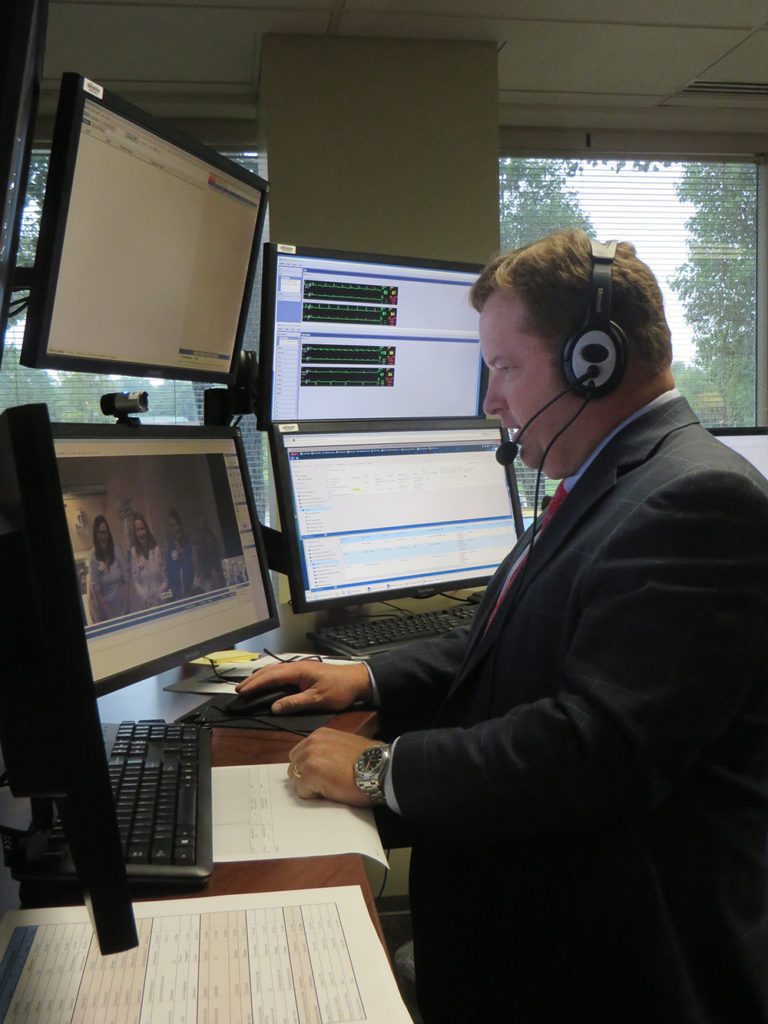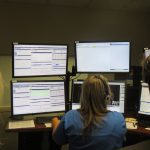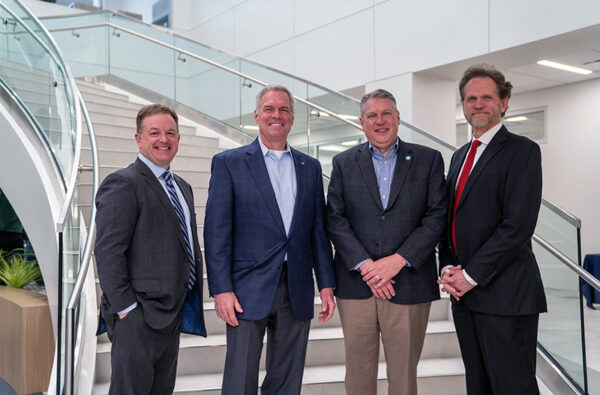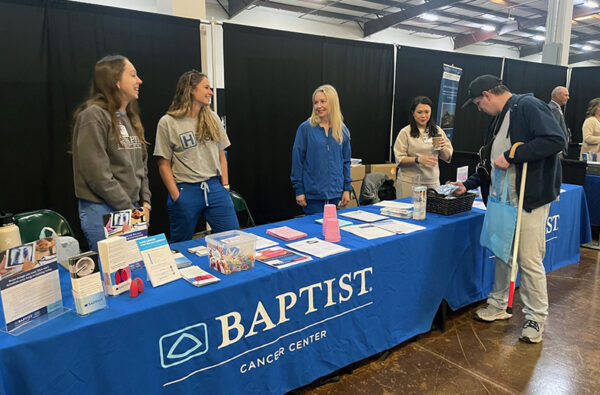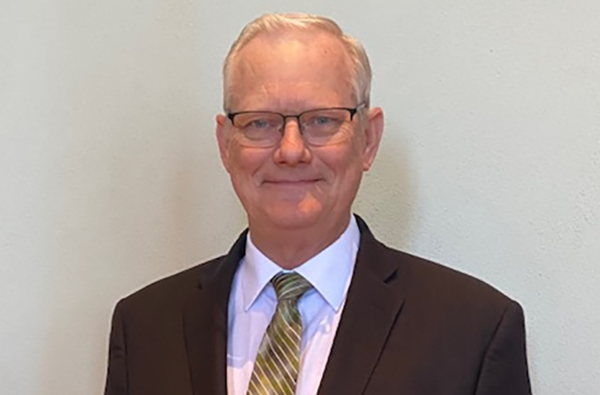Baptist entered a new era on Aug. 15 when a curious group gathered around a bank of monitors at the Baptist TeleHealth Center located at the corporate headquarters in Memphis.
With the flip of a switch, TeleGuardian, the remote monitoring technology, came alive with the launch of Baptist Collierville’s electronic intensive care unit (eICU). As Jason Little, CEO and president, manned the controls for a moment, Baptist team members and senior leaders asked questions and celebrated the quiet, yet significant moment.
“This is very neat technology,” said Little as he monitored the screen and spoke with the Collierville team wearing a headset.
TeleGuardian brings a whole new dimension of care to the bedside as nurses and intensivists view a patient virtually, yet in real time, keeping constant vigil over data that reports the performance of a patient’s major body systems. If a patient’s health declines or an emergency occurs, the TeleGuardian team member immediately alerts the on-site medical staff and communicates with the on-call ICU physician.
One physician can monitor up to 90 patients. “This can improve mortality rates in the ICU and give us another way to support ICUs across the system. It’s eyes on eyes,” said Dr. Henry Sullivant, vice president and chief medical officer for Baptist.
The technology will roll out across the system with hopes that all hospitals will join TeleGuardian by 2018. “We look forward to seeing our quality of care improve using technology and the expertise of clinicians,” said Dr. Paul DePriest, Baptist’s executive vice president and chief operating officer.
Anne Darst, RN, who has spent more than two decades with Baptist in various nursing roles, finds her new TeleGuardian role extremely exciting. “The technology is amazing. It’s like Epic on steroids.” Refuting any concerns regarding less patient contact, Anne explains exactly how the relationship works between a remote monitoring center and the hospital ICU.
“The more technical we become, the more human and friendly we have to become. This is about relationships and supporting the hospital team.”
Anne says all TeleGuardian nurses are required to work one shift per month on-site at the hospital, and she’s excited about the level of care she can provide to patients—even remotely.
Working closely with Philips, who developed the software, Baptist teams have been moving toward the launch for two years. Philips has helped hospitals across the country launch remote monitoring systems and Baptist Memorial is the 48th health care system to adopt the technology.
To learn more, visit baptistonline.org/teleguardian.

